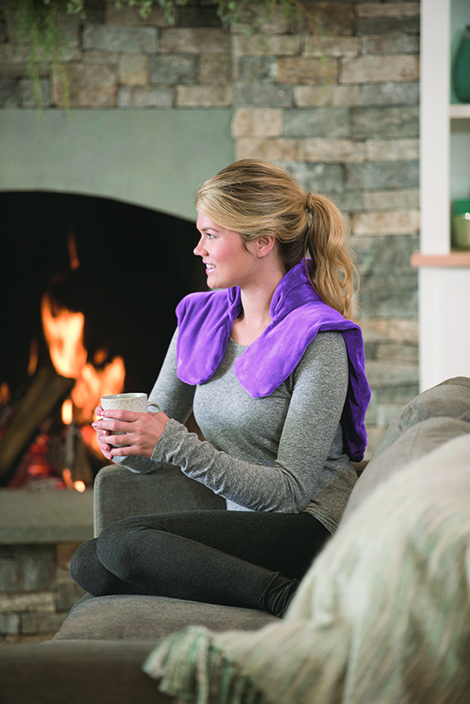Fragrant oils boost mind, body and spirit during the holidays
Ease into the hectic holiday season with the help of aromatherapy. The fragrances of plant-derived essential oils have long been used to improve the health of our mind, body and spirit.
Boost your energy and increase your focus as you work to balance work, family and holiday fun. Peppermint has long been prized for this and so much more. You’ll find it also helps relieve headaches and indigestion.
Freshen your home with the scent of grapefruit. It’s the perfect solution when unexpected guests drop by for a visit. You may also find the grapefruit aroma, along with your company, help to lighten your mood.
Use eucalyptus essential oil in the fight against colds and flu this winter. Just place a few drops into a diffuser on your desk at work, in your bedroom or family room. The diffusers come in a wide array of shapes and sizes. Some use heat, ultrasonic vibrations, fans or wood wicks to disperse the fragrance throughout the room. Others, like the Eden Aroma Diffuser, allow the fragrance to seep through the porous portion of the diffuser pot and into the room.
Or use a eucalyptus eye mask to help relieve sinus pressure and sooth tired eyes. Just gently heat or cool the mask, cover your eyes, and relax into a bit of relief.
End your day with relaxing lavender. It helps reduce anxiety, relieves headaches and improves sleep. For instance, turn up the heat and fragrance with the Ultimate Lavender Wrap (gardeners.com). Simply pop the flax, rice and lavender infused insert into the microwave. Place it back into the cloth cover and drape it over your neck and shoulders. This can provide relief for those suffering from tense or aching muscles and winter chills.
Encourage a good night’s sleep by tucking a lavender-filled sachet under your pillow. Or set a bundle of dried lavender stems in the bathroom, bedroom or anywhere you want to enjoy the fragrance of a summer garden and a bit of relaxation.
When you incorporate some aromatherapy into your routine, you’ll find yourself smiling and more relaxed. The boost in energy and reduced stress will help you navigate the gatherings and rich food ahead. And consider giving the gift of aromatherapy to someone you love, so they, too, can enjoy improved harmony and health into the new year.
Gardening expert Melinda Myers has written more than 20 gardening books and appeared on radio and television. Her web site is www.melindamyers.com.
